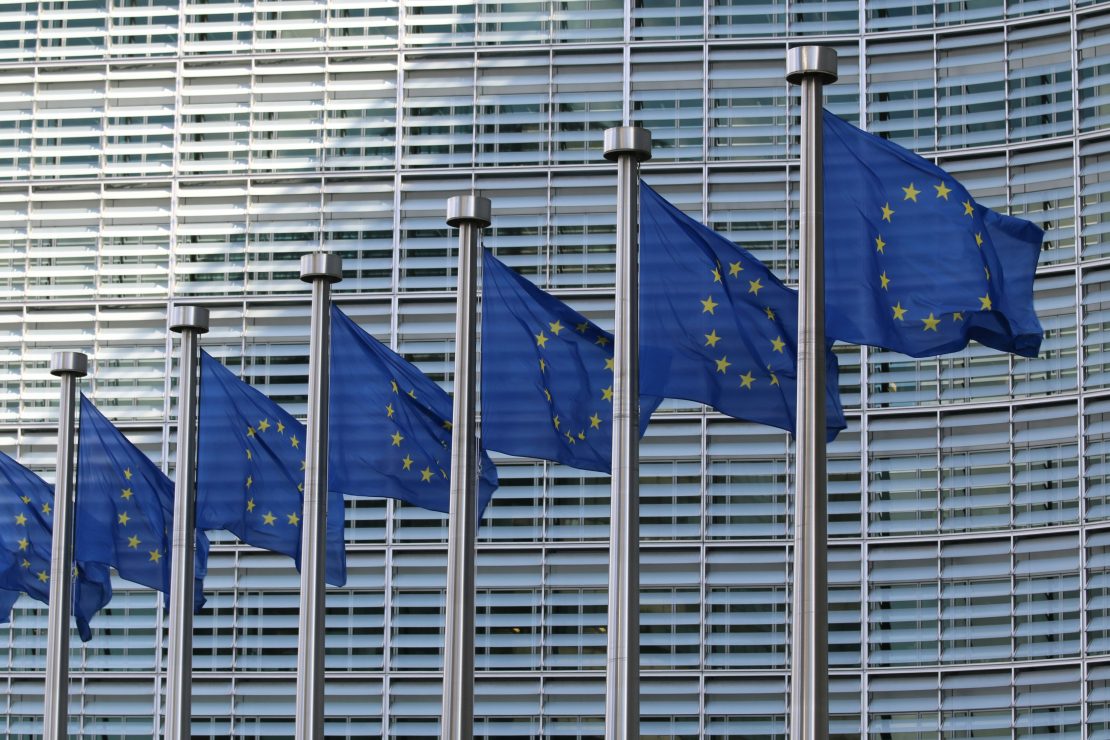The far right is gaining ground in Europe. We should all be paying attention

Photo via Unsplash.
In June and July, a number of major elections took place in Europe. First, the European Parliament, then in France, and most recently in the U.K. Many, including myself, were anxiously watching these elections, wondering if this was the year that the far right — which has been making major inroads across Europe over the last few years — would break into the mainstream.
Whether you personally have an interest in European politics or not, the rise of the far right is a worrying trend in liberal democracies across the world and should be a warning sign to us that, unless our parties get serious about key issues like wealth inequality and the cost of living, we may find ourselves in the same situation.
In early June, the European Parliament — the legislative body of the European Union, made up of parties from the various EU members — held elections. In the last EU parliament, right-wing groups held a total of 118 seats. In June, this number grew to 187.
Thirty of these seats came from the French far-right party, the National Rally (RN). This turnout prompted French President Emmanuel Macron to call a snap election. This was a risky move according to many, and could have resulted in the RN controlling the National Assembly and nominating the next PM. Fortunately for Macron, he was able to cooperate with the left-wing New Popular Front (NFP), leaving the RN in third place.
While this strategy was ultimately successful in keeping the RN from power, it also shows just how influential the far right has become. The RN may have come in third place in terms of seats, but they came in first in terms of votes, having won 32 per cent.
Similarly, in the United Kingdom, the far-right Reform UK party led by Nigel Farage (formerly of the Brexit and UK Independence Party), gained seats for the first time. Reform only earned 5 seats (a relatively small number), but came in third place in terms of votes behind Labour and the Conservatives.
Dr. Oliver Schmidtke, a UVic professor of history and political science, believes that growing social inequality and a sense of disillusionment with mainstream liberal politics is partially to blame for the rise of the far right. “People no longer feel represented, they no longer feel taken seriously, and they don’t trust that the old elites have the answers that we need,” says Schmidtke. He states that the loss of faith in the centre left stems from their failure to deliver on issues like social inequality — the type of issue typically within their purview.
The People’s Party of Canada (PPC) is the closest match to the European far right, with proposals like “[repealing] the Multiculturalism Act” and “substantially [lowering] the total number of immigrants and refugees Canada accepts.” While the PPC currently holds no seats, the lesson we should be taking from the rapid ascent of parties like Reform is that political winds can change much quicker than we might think. If mainstream parties no longer spark confidence in voters, others — like Reform — will step in to fill the void.
“The number one issue [for these parties] is migration,” says Schmidtke. “If you can blame all ills of society on [immigrants] and foreigners in general, you have an easy recipe. You say social inequality or crime is caused by migration. … Empirically it’s false, but it resonates, because it gives a clear target.”
Concerns over immigration were key for many supporters of Brexit and were championed by figures like Farage. It has remained on their mind since the UK left the EU in 2020. As per the party’s website, Reform promises to “stand up for British culture, identity and values” as well as “freeze immigration and stop the boats.”
This resistance to immigration comes as many prominent figures on the European right, like Italian PM Giorgia Meloni and RN leader Marine Le Pen, attempt to distance themselves and their parties from past racism and fascist sympathies. In Meloni’s case, she began her political career in the youth wing of the Italian Social Movement (MSI), a party founded by allies of fascist dictator Benito Mussolini, but has since condemned the use of Nazi salutes and slogans by members of her current party, the Brothers of Italy (FdI).
Le Pen, meanwhile, has attempted to move the RN away from the politics of her father, Jean-Marie Le Pen, who has been convicted and fined on numerous occasions for inciting racial hatred and holocaust denial. Jean-Marie Le Pen co-founded the National Rally (then the National Front) in 1972 with Pierre Bousquet, a former officer in the Nazi Waffen-SS during WW2. The former was expelled from the party by his daughter, Marine, in 2015.
To Schmidtke, these trends towards the far right paint a worrying picture for the future of democracy. For a functioning and healthy democracy to exist, the population has to feel that they have a voice, that they are represented. As popular belief in democracy’s ability to address our needs deteriorates, the far right’s simple answers and emotional appeals are increasingly attractive to many voters. To avoid similar problems in Canada, we need to learn from European parties’ failure to address major concerns — concerns like social inequality, climate change, and the cost of basic necessities.
“I’m definitely very concerned about the relative weakness of democracy and how little people are willing to fight for some of those rights that we have gained over the past decades,” he says.







